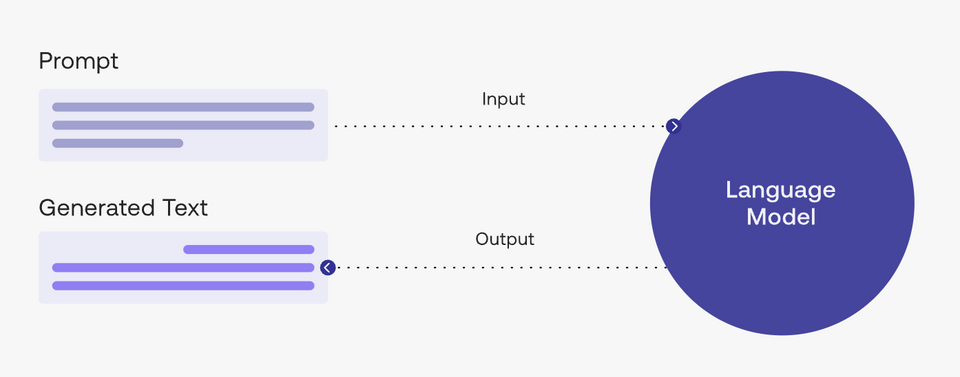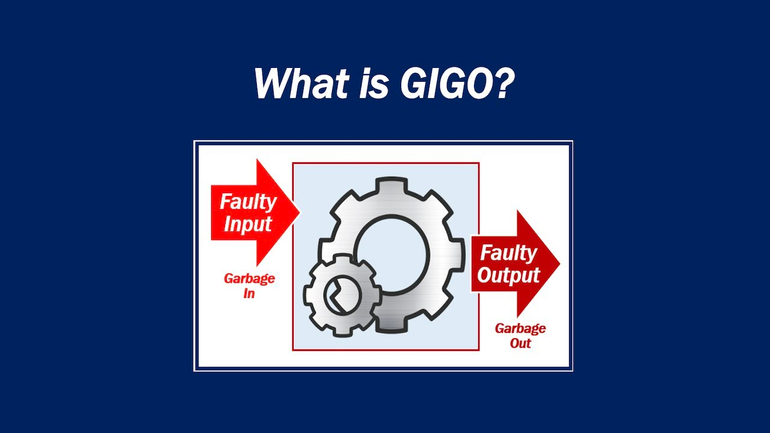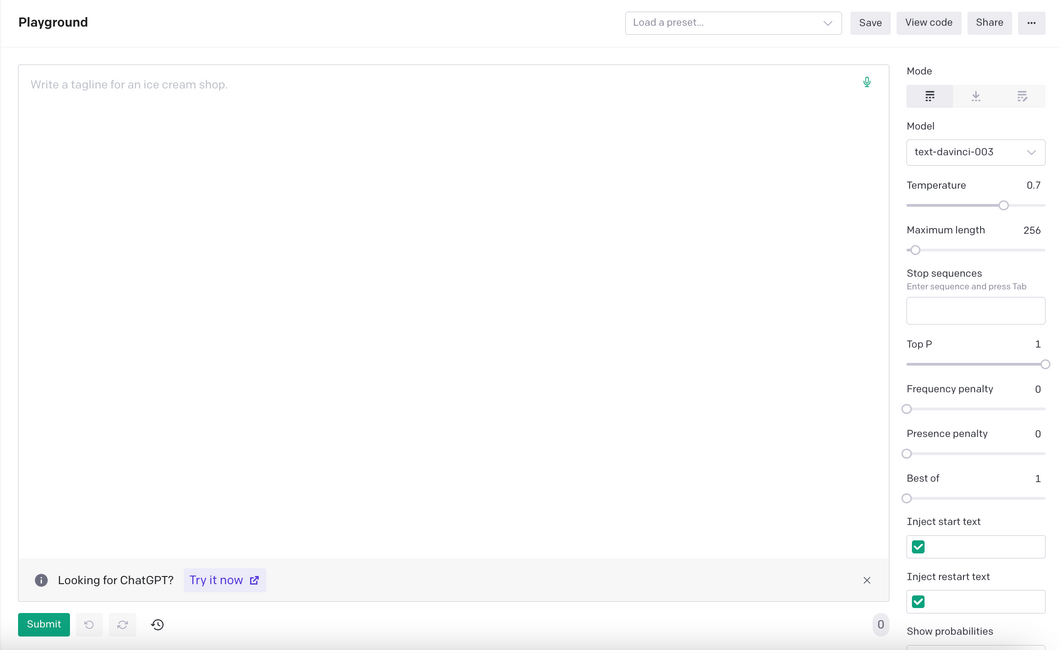Create unique copy with ChatGPT
Search and store tool for Chat GPT Prompt
Create unique and engaging copy with ChatGPT, a pre-trained language model by OpenAI for generating high-quality and accurate content. With ChatGPT, you can take your copywriting to the next level by crafting compelling messages that resonate with your audience. Our state-of-the-art language model can help you write copy that is both persuasive and informative, helping you connect with your target market and drive conversions. Say goodbye to generic, uninspiring copy – with ChatGPT, you can elevate your brand and stand out from the crowd.
The Role of A/B Testing in Improving the Success of Your Email Cross-Sell Campaigns
The role of A/B testing in improving the success of your email cross-sell campaigns.
How to Use Email Personalization to Improve Email List Building
How can I use email personalization to improve email list building?
Using Email List Segmentation to Personalize Campaigns
How can I use email list segmentation to personalize my campaigns?
Benefits of Using a Customer Retention Tool to Increase Customer Loyalty and Reduce Churn
What are the benefits of using a customer retention tool to increase customer loyalty and reduce churn?
Benefits of Using a Customer Loyalty Program to Retain Customers and Increase Sales
What are the benefits of using a customer loyalty program to retain customers and increase sales?
What Are the Benefits of Using a Content Management System (CMS) for Our Website?
What are the benefits of using a content management system (CMS) for our website?
Best Practices for Creating a Strong Brand Identity
What are the best practices for creating a strong brand identity?
Best Practices for Creating Engaging Content
What are the best practices for creating engaging content?
Creating Engaging Content with TikTok's Branded Effects Feature
How do I use TikTok's "Branded Effects" feature to create unique and engaging content?
Using Instagram Analytics to Track Progress and Improve Content
How do I use Instagram analytics to track my progress and improve my content?
How to Use Hashtags to Increase Reach on Instagram?
How do I use hashtags to increase my reach on Instagram?
How to Increase Perceived Value of a High Ticket Offer with a Customized Package
How can I use a customized package to increase the perceived value of my high ticket offer?
How to Use a Guarantee to Increase Perceived Value of High Ticket Offer
How can I use a guarantee to increase the perceived value of my high ticket offer?
Using Storytelling to Communicate the Benefits of a High Ticket Product or Service
How can I use storytelling to effectively communicate the benefits of my high ticket product or service?
How to Use Case Studies and Testimonials to Close High Ticket Offers
How can I effectively use case studies and testimonials to close high ticket offers?
How to Use the Power of Reciprocity to Close a High Ticket Offer
How can you use the "power of reciprocity" principle to close a high ticket offer?
Strategies for Expanding Into New Markets
What are some strategies for expanding into new markets?
Tips for Networking to Build Your Brand
What are some tips for networking to build my brand?
How to Build Your Brand
What are some ways to build my brand?
Generating a List of 5 LinkedIn Articles for a Profession or Topic of Your Choice
Generate a list of 5 LinkedIn articles to write for a [profession or topic of your choice]
What is “prompt engineering”?
A “prompt” is the input that guides a generative AI model to generate useful outputs. Generative AI tools like ChatGPT, GPT, DALL·E 2, Stable Diffusion, Midjourney, etc. all require prompting as their input.

In a natural language processing (NLP) context, “prompt engineering” is the process of discovering inputs that yield desirable or useful results. As is the story with any processes, better inputs yield better outputs; or commonly said another way “garbage in, garbage out.”


Become a prompt researcher instead of engineer
- If you’re already a subject matter expert in something, consider figuring out how to apply your personal skills to generating the best prompts in your field
- For example, if you’re an expert in SEO, what questions do you ask yourself when creating SEO strategies? How can you translate this knowledge into better prompts to generate the same level of output with AI?
Become a prompt researcher instead of engineer
- The term prompt engineer glosses over the idea that prompt formulation takes hypothesizing, research, result measurement, and repetition. Instead, approach prompting like a research project.
- Try as many different variations and formulations of your prompt as possible. One problem can have hundreds of solutions and one solution can have hundreds of approaches. The same can be said of prompting.
